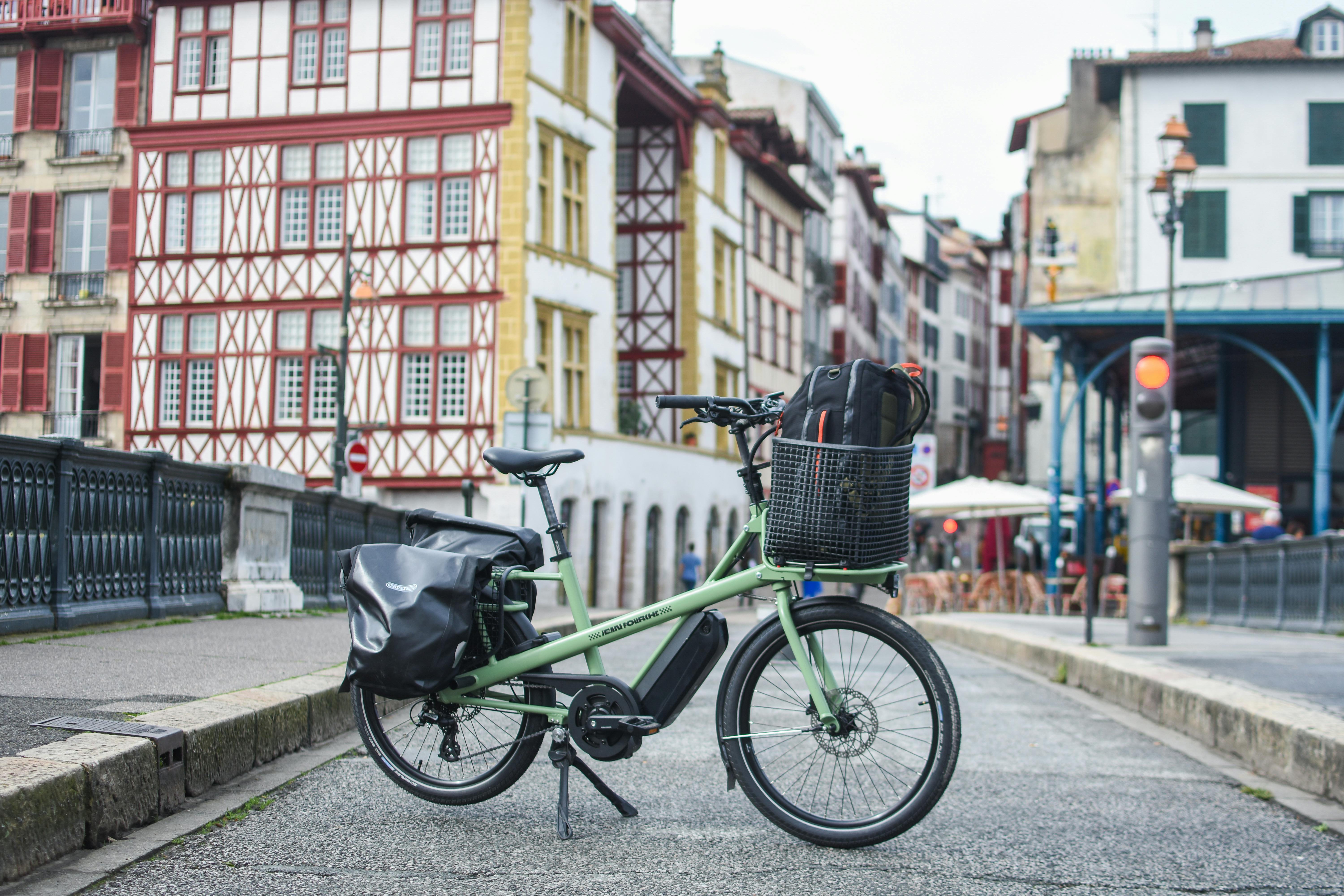Exploring the World Through Culinary Cycling Tours
Pedal your way through a gastronomic adventure as culinary cycling tours gain traction among food-loving travelers. This unique blend of active exploration and epicurean indulgence offers a fresh perspective on destination immersion, allowing cyclists to burn calories while savoring local flavors. From vineyard routes to farm-to-table experiences, culinary cycling tours are redefining how we connect with local cultures through food and fitness.

A Feast for the Senses
What sets culinary cycling tours apart is their ability to engage all the senses. As cyclists pedal through picturesque landscapes, they’re treated to a visual feast of rolling hills, coastal vistas, or charming rural villages. The physical exertion of cycling heightens the anticipation for each meal, making the flavors more vibrant and memorable. The sounds of local markets, the aroma of fresh produce, and the texture of artisanal foods create a multi-sensory journey that goes beyond typical food tours.
Diverse Destinations and Experiences
Culinary cycling tours cater to a wide range of preferences and skill levels. In Italy’s Tuscany region, cyclists can traverse vineyards, stopping at historic wineries for tastings and learning about the art of winemaking. In Vietnam, riders pedal through rice paddies, pausing to try street food and participate in cooking classes. France’s Loire Valley offers a combination of château visits and gourmet picnics featuring local cheeses and wines. These tours can be customized to focus on specific themes like chocolate in Belgium, craft beer in Oregon, or olive oil in Spain.
Sustainability and Community Impact
One of the key advantages of culinary cycling tours is their low environmental impact. By using bicycles as the primary mode of transportation, these tours significantly reduce carbon emissions compared to traditional food tours that rely on vehicles. Additionally, they often support local economies by partnering with small-scale producers, family-run restaurants, and artisanal food makers. This approach not only ensures an authentic experience for travelers but also contributes to the sustainability of local food systems and cultural traditions.
Challenges and Considerations
While culinary cycling tours offer numerous benefits, they also present unique challenges. Tour operators must carefully balance the physical demands of cycling with the indulgence of food and wine tastings. Safety is paramount, especially when cycling on rural roads or after wine tastings. Weather conditions can impact both the cycling and culinary aspects of the tour. Moreover, these tours require a certain level of fitness, which may limit their accessibility to some travelers.
The Future of Culinary Cycling Tourism
As interest in experiential travel and culinary tourism continues to grow, culinary cycling tours are poised for expansion. Tour operators are innovating by incorporating technology, such as GPS-guided routes and augmented reality experiences that provide historical and cultural context about the food and landscapes. Some are partnering with celebrity chefs or local food experts to enhance the educational component of these tours. The future may also see the integration of electric bikes to make these experiences more accessible to a wider range of fitness levels and age groups.
Pedal and Palate: Tips for Culinary Cyclists
- Pack appropriate cycling gear, including padded shorts and breathable clothing
- Stay hydrated between tastings, especially in warm climates
- Bring a small backpack for carrying local food purchases
- Research local food etiquette and customs before your trip
- Consider booking a tour with e-bike options for more challenging terrains
- Learn basic bike maintenance skills for unexpected repairs on the road
- Practice moderation in food and wine consumption to ensure safe cycling
Culinary cycling tours represent a harmonious blend of active travel and gastronomic exploration. By combining the joy of cycling with the pleasure of discovering local cuisines, these tours offer a unique way to experience destinations through their flavors, landscapes, and cultures. As travelers increasingly seek meaningful and sustainable ways to explore the world, culinary cycling is set to become a significant trend in the evolving landscape of experiential travel.






